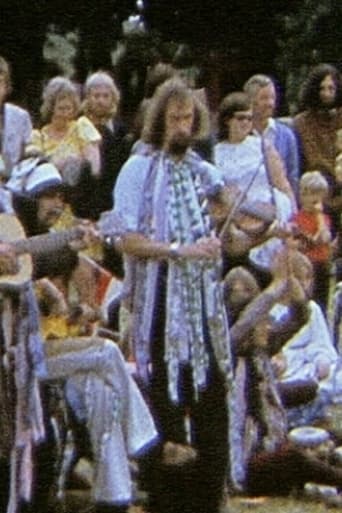
01 Aug 1974

Barsham Faire
In the 70s, Barsham Faire on August Bank Holiday became a tradition for many to celebrate things 'medieval' and raise funds for local arts events. It put Barsham on the map.
Miyamoto-cho is a community of Mom-and-Pop stores and family enterprises located near the center of Tokyo. Competition from supermarkets and shopping centers threatens the livelihoods of long-term residents. High land prices tempt owners to tear down old homes and replace them with apartment buildings; this in turn is changing the composition of the population. Against this backdrop, residents strive to maintain the close social ties, symbols of local identity, and community rituals that keep Miyamoto-cho from becoming just another mailing address. Theodore Bestor began his research here in 1979. His prize winning book of the same name is available through Stanford University Press. This documentary is one of a series depicting the variety of life in today's Japan in the context of human problems common to all industrial nations. A comprehensive study guide is available.

01 Aug 1974

In the 70s, Barsham Faire on August Bank Holiday became a tradition for many to celebrate things 'medieval' and raise funds for local arts events. It put Barsham on the map.
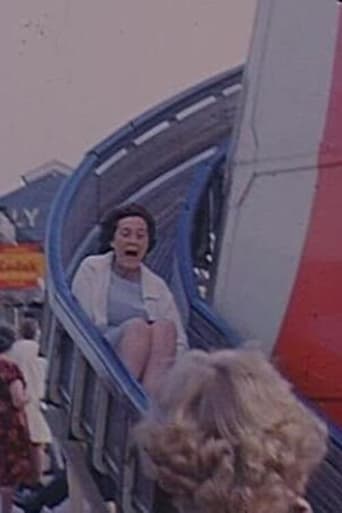
01 Jan 1964

The family enjoys a sunny but windy day on the pier in Clacton-On-Sea.
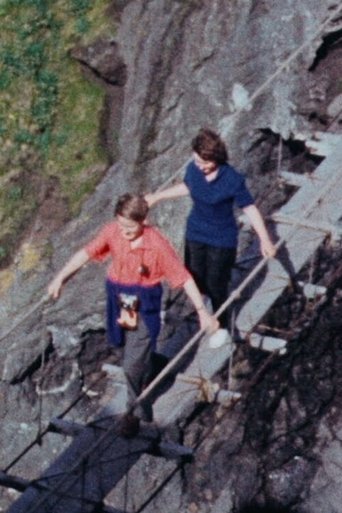
01 Jan 1958

Film capturing a family holiday on the North Antrim coast, with trips to the Giant's Causeway and the Carrick-a-Rede Rope Bridge.
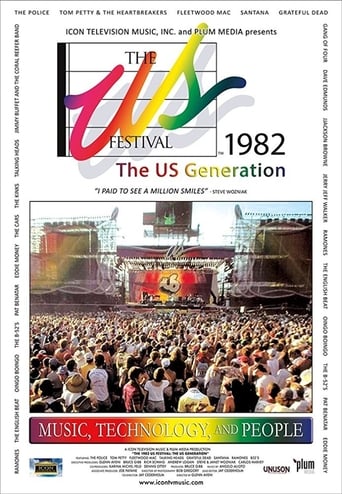
16 Nov 2017

Referred to as "Woodstock of the 80s", the US Festival was iconic with over 2 million attendees. Created by Apple co-founder Steve Wozniak and legendary concert promoter Bill Graham, the Us Festival assembled the best bands in the world including The Police, Tom Petty, Fleetwood Mac, Santana, Jackson Browne, Eddie Money, Jerry Jeff Walker, Jimmy Buffett, The Cars, Talking Heads, Ramones, Grateful Dead, Pat Benatar & The B52s.

07 Oct 1984

Harvey Milk was an outspoken human rights activist and one of the first openly gay U.S. politicians elected to public office; even after his assassination in 1978, he continues to inspire disenfranchised people around the world.
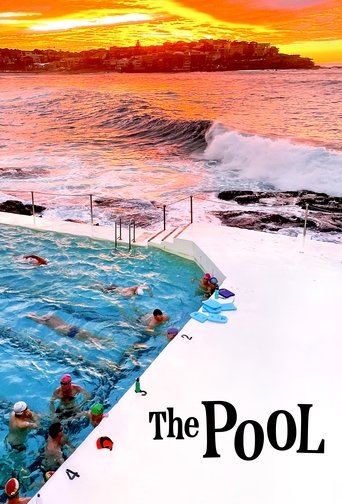
07 Nov 2024

Bondi Icebergs is the most photographed pool in the world. This is where generations of children have learnt to swim, where the diehard have braved the frigid waters of one hundred winters, where the young and beautiful have come to bond and bake in the hot sun. THE POOL is a stunning cinematic experience with a soundtrack that harks back to the 1960s and a cast of characters who each have a story to tell. It speaks to the enduring power of community and our collective longing to find it. No matter your background or where you’re at – everyone is equal in their swimsuits.

25 Sep 2020

7-year-old Sasha has always known that she is a girl. Sasha’s family has recently accepted her gender identity, embracing their daughter for who she truly is while working to confront outdated norms and find affirmation in a small community of rural France.
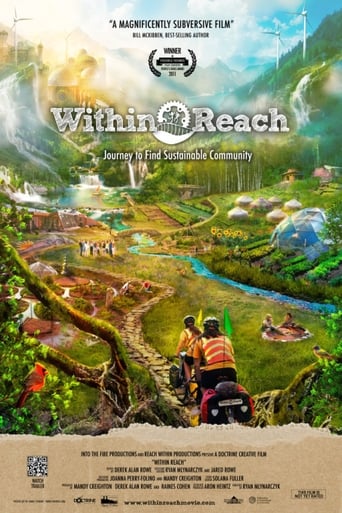
13 Oct 2013

After quitting their jobs and selling their house and cars, a couple bikes around the country visiting 100 sustainable communities as they look for a new place to live. Along the way, they explore the meaning of community -- and of life itself.
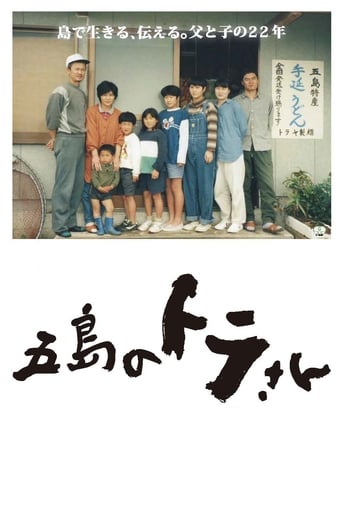
18 Jun 2016

This documentary film follows for 22 years a nine-member family involved in the manufacturing of Udon in the Goto Islands, Nagasaki prefecture. Mr. Toru Inuzuka called by nickname "Tora-san" is making famous 'Goto Udon' and natural salt on the island on which the depopulation is progressing. Seven children get up at 5 o'clock every morning, helping to make udon, and go to school. Children's help is recorded on the time card, and it is pocket money for children. The film talks about children's growth, marriage, childbirth, homecoming, and parting. The 22 years of familiarity of the family is drawn.

06 Nov 2024

Jerry, an ordinary immigrant dad, retired in Orlando, is recruited to be an undercover agent for the Chinese police. Jerry’s family recreates the events on film and his three sons discover a darker truth. True crime meets spy thriller in this genre-bending docufiction hybrid about an immigrant’s search for the American dream. A Slamdance Film Festival Grand Jury and Audience Award winner.
16 Nov 2017
A different perspective on the exile and social impact of major projects such as oil sands mining in Alberta, Canada. These large-scale projects, based on economic growth, also have human costs that change the cultural face of the regions on a small or large scale. Over a six-month period, three families from the Acadian Peninsula in New Brunswick opened their doors and hearts to director Renée Blanchar and her team. A film about exile, choice of life, values, but especially absence; absence being probably the highest price to pay for each member of these families.
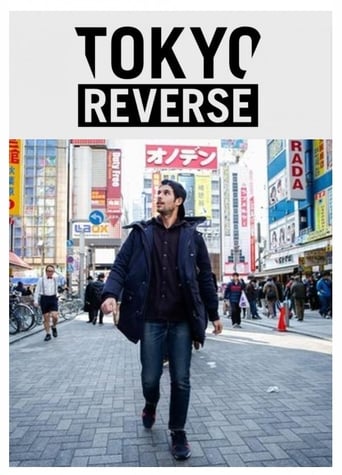
03 Mar 2014

A nine-hour program that shows a man walking backwards through Tokyo – and nothing else – it appears. Ludovic Zuili, walking backwards through the capital of Japan. The video is shown back to front so that Zuili seems to be walking normally through a world moving back in time.

14 Nov 2024

Terpsichore is a captivating exploration of dance as an art form, illuminating the passion, discipline, and vulnerability that transform movement into poetry. The documentary follows three distinct yet interconnected artists: Cece Trapani, an Irish dancer; Aurora Maur, a burlesque performer; and the Dayton Contemporary Dance Company (DCDC), a renowned contemporary dance ensemble. Through their stories, Terpsichore reveals the universal language of dance—one that transcends genre and speaks to the depths of human emotion. Intimate interviews and behind-the-scenes rehearsal footage offer a raw, unfiltered look at the artistry behind each performance, capturing the essence of dance as both personal expression and a bridge between artist and audience. More than a showcase of technique, Terpsichore delves into the soul of movement, celebrating its power to connect, inspire, and reveal the unspoken truths of the human spirit.
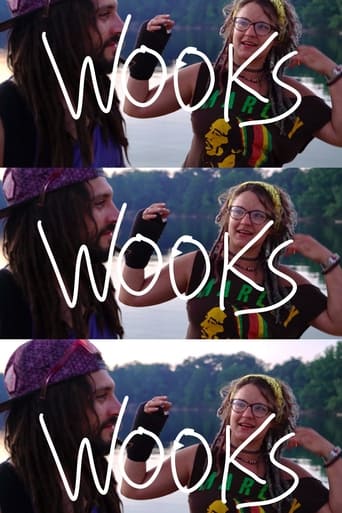
26 Dec 2022

An acid-soaked journey to the edge of madness with the wise and wild Wooks of America’s hippie underbelly.
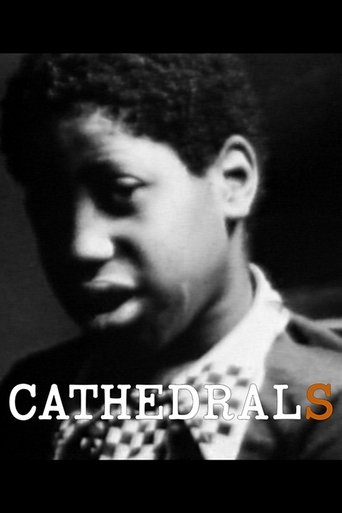
26 Oct 2025

In CATHEDRALS, filmmaker Dan Algrant embarks on a journey to reconnect with two black collaborators from a film made nearly 50 years ago. CATHEDRALS becomes a powerful exploration of the bonds that tie us together and the experiences that shape our identities. Through the lens of a creative collaboration, the film illuminates the struggles and triumphs that define life in a close-knit community, ultimately reaffirming the importance of human connection and the power of collective memory.
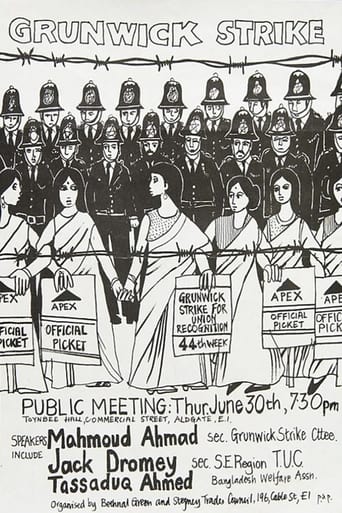
11 Jul 1977

'Stand together!', a film on the "mass day of solidarity" on 11 July 1977, was made in 1977 for the Grunwick Strike Committee by the Newsreel Collective, of which Chris Thomas was a member, and members of the Association of Cinematograph, Television and Allied Technicians (ACTT) and the Transport and General Workers' Union.

16 Dec 2019

This documentary chronicles former Olympian and UFC champion Ronda Rousey's ascent to iconic status in the world of mixed martial arts.
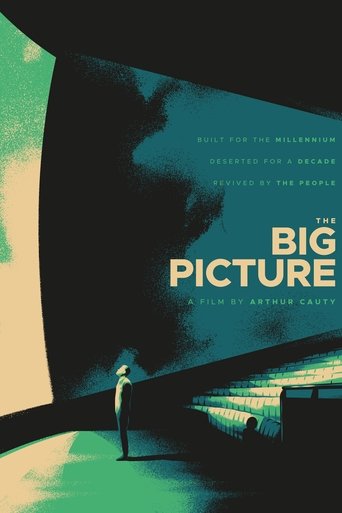
28 May 2025

The Big Picture uncovers the untold story of a state-of-the-art cinema quietly forgotten in the center of Bristol, a vibrant UK city known for its countercultural spirit. Once a cutting-edge IMAX theatre, the building was abandoned for over a decade—until a collective of cinephiles reclaimed it. Blending DIY ingenuity with punk ethos, they’ve transformed a forgotten relic into the beating heart of a grassroots cinema movement—reviving not just a building, but a shared vision of what cinema can be.
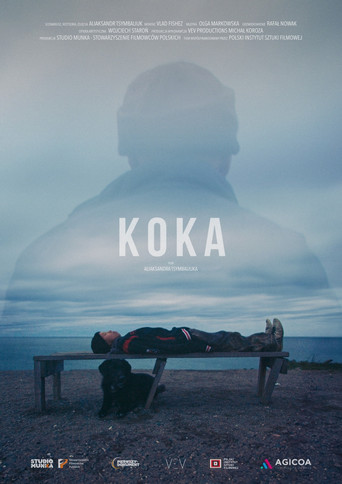
17 Apr 2024

Somewhere on the coast of the Bering Sea, a father and son make a living fishing in a community that seems almost outside of time. Aliaksandr Tsymbaliuk’s camera takes us in close to the subjects, recording both the harshness of their condition and the rigour of education, softened by paternal love and the universal insouciance of childhood.

04 Nov 2005

This documentary takes the viewer on a deeply personal journey into the everyday lives of families struggling to fight Goliath. From a family business owner in the Midwest to a preacher in California, from workers in Florida to a poet in Mexico, dozens of film crews on three continents bring the intensely personal stories of an assault on families and American values.